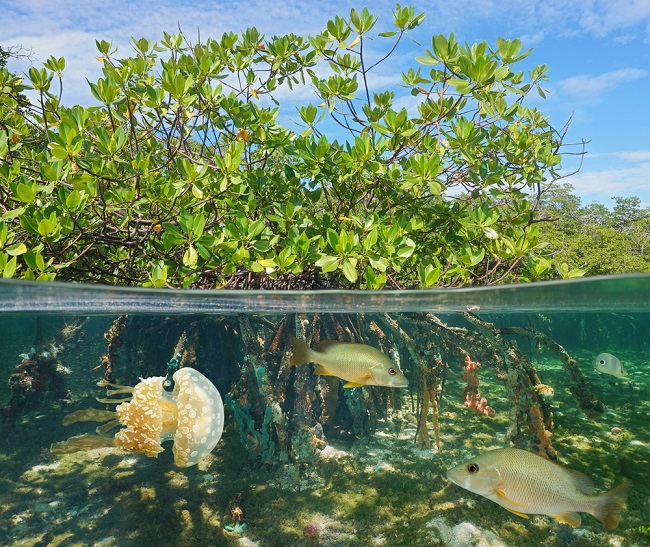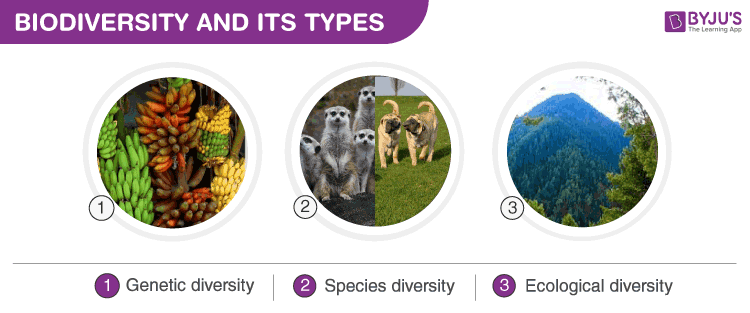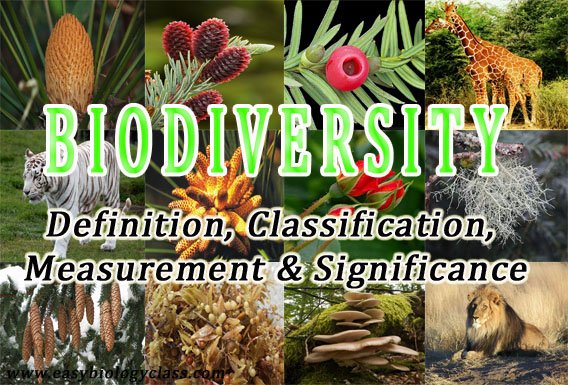Simple Definition Of Biodiversity In Biology

Biodiversity also called biological diversity the variety of life found in a place on earth or often the total variety of life on earth.
Simple definition of biodiversity in biology. Biodiversity is a term which describes every living organism within a single ecosystem or habitat including numbers and diversity of species and all environmental aspects such as temperature oxygen and carbon dioxide levels and climate. Biodiversity and its types. Extinction is when a group of organisms fail to adapt to the environment and therefore cannot survive. Biodiversity can be measured globally or in smaller settings such as ponds.
Colombia and kenya for example each have more than 1 000 breeding species of birds whereas the forests of great britain and of eastern north america are home. A common measure of this variety called species richness is the count of species in an area. Biodiversity a video that explains biodiversity created by the society for experimental biology seb. Biodiversity definition biological diversity means the variability among living organisms from all sources including inter alia terrestrial marine and other aquatic ecosystems and the ecological complexes of which they are a part.
Convention on biological diversity 1992 1. Biodiversity is a broad term for biological variety and it can be measured at a number of organizational levels. Biodiversity refers to the variety of species found in an ecosystem. The diversity of plant and animal life in a particular habitat or in the world as a whole.
However biologists are using measures of biodiversity at several levels of biological organization including genes. Traditionally ecologists have measured biodiversity by taking into account both the number of species and the number of individuals in each of those species. A high level of biodiversity is desirable pertaining to the diversity and frequency of organisms in a given area.


















